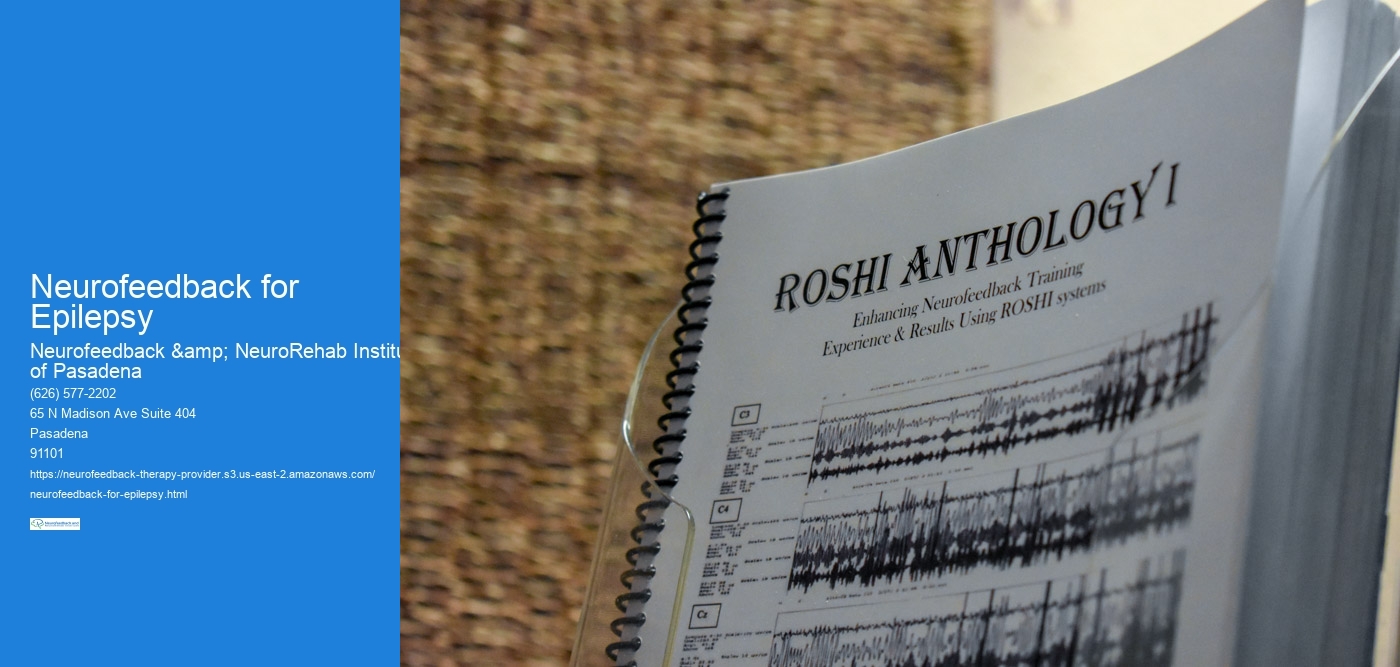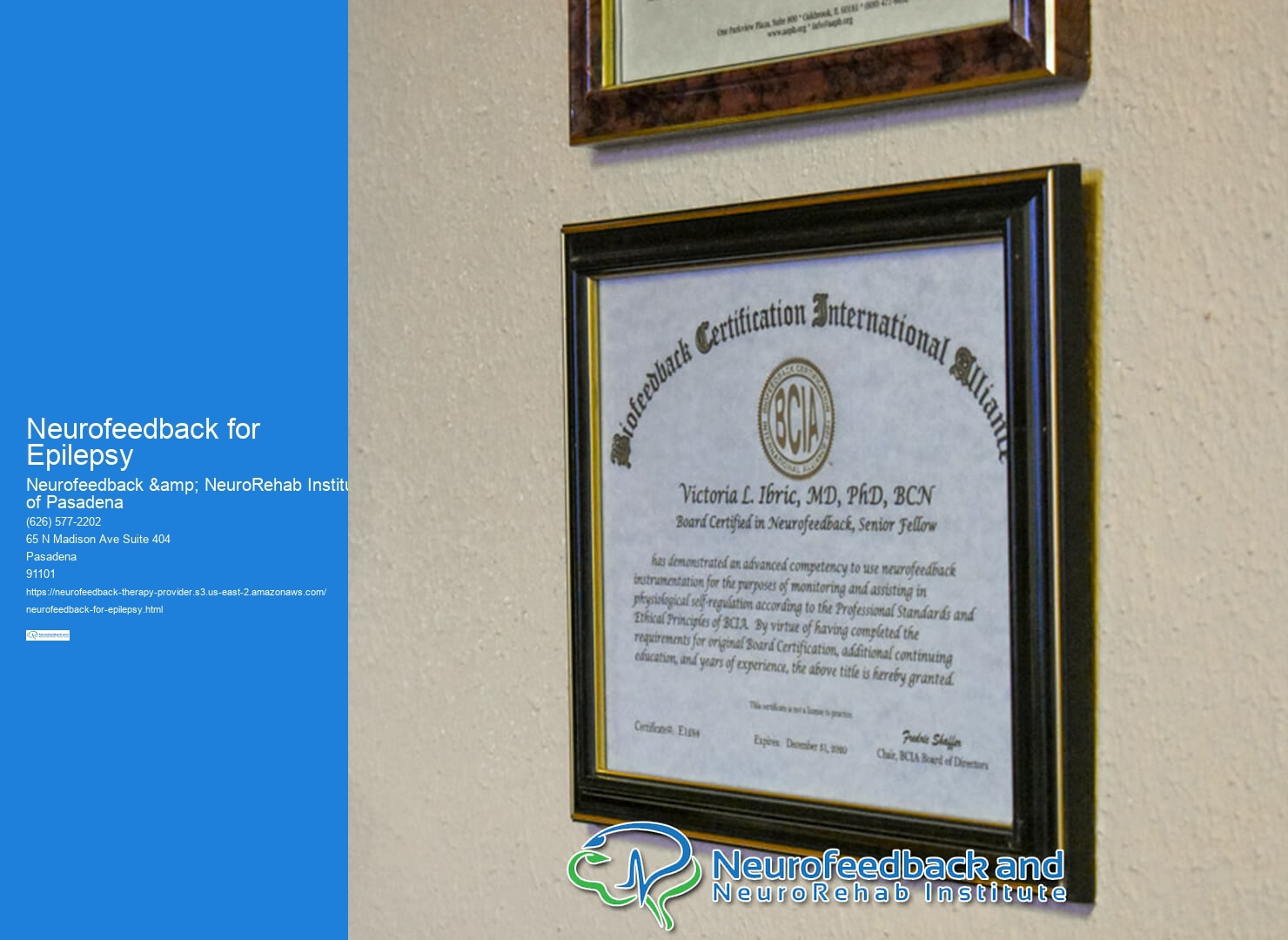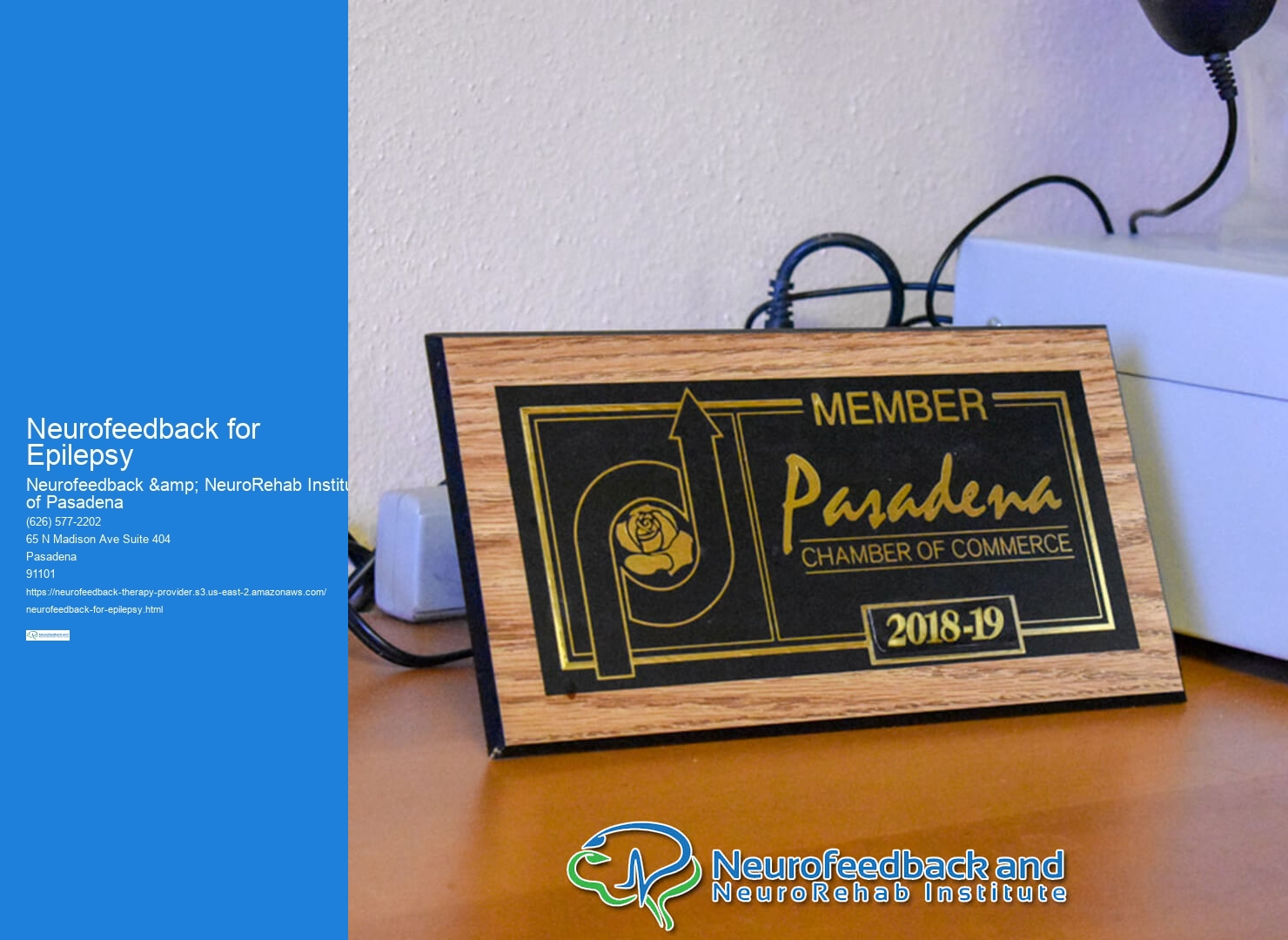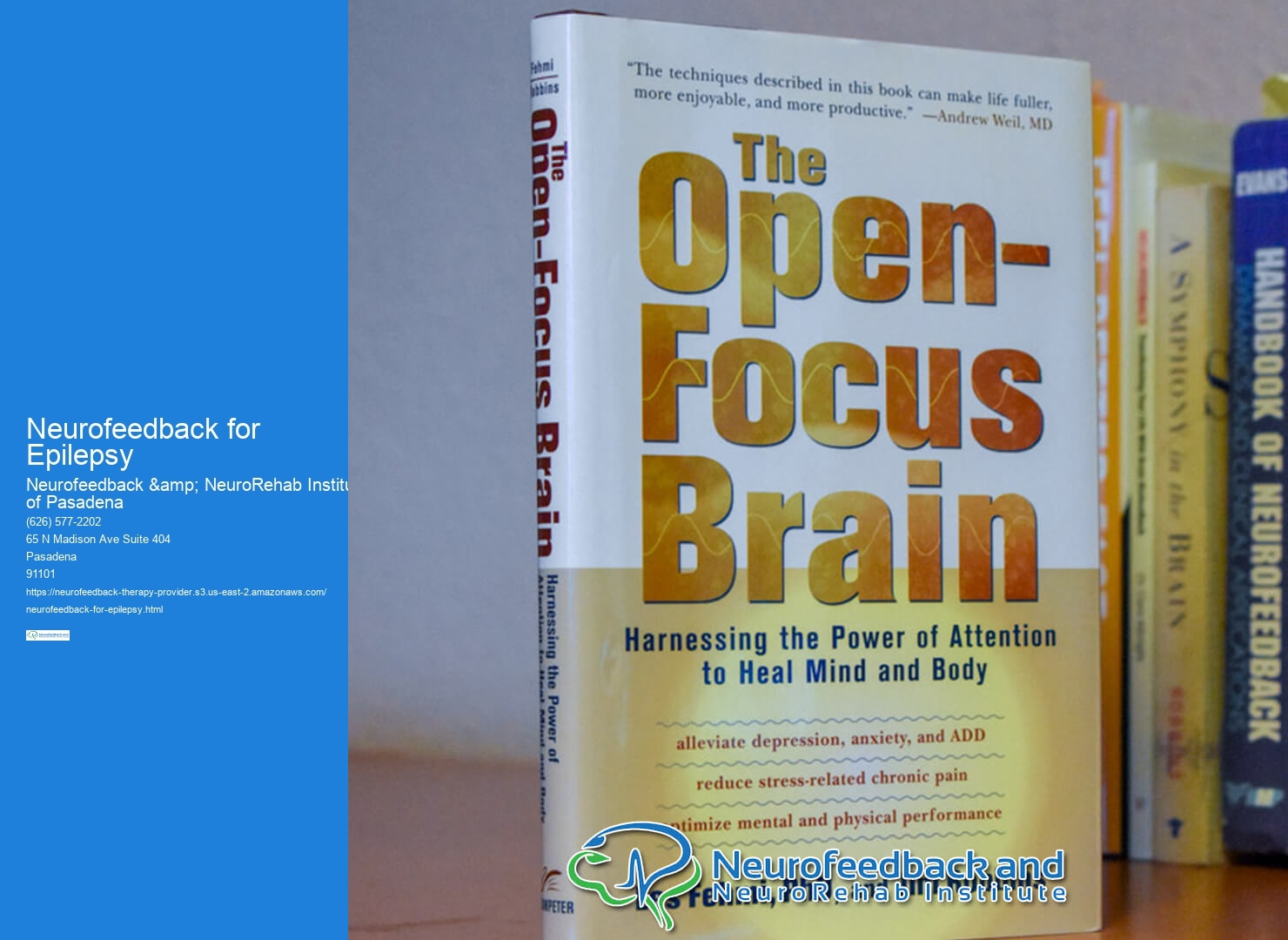

Neurofeedback therapy targets and addresses the neurological activity associated with epilepsy by utilizing real-time monitoring of brainwave patterns to provide feedback to the individual. Brain Training Coach This feedback is used to train the brain to self-regulate and modify its electrical activity, with the goal of reducing the frequency and severity of seizures. By focusing on specific brainwave frequencies, such as beta and theta waves, neurofeedback aims to modulate abnormal patterns commonly observed in individuals with epilepsy, promoting more balanced and stable brain activity.
In individuals with epilepsy, neurofeedback aims to regulate specific brainwave patterns, including but not limited to beta and theta waves. By targeting these patterns, neurofeedback seeks to encourage the brain to achieve a more balanced and stable state of electrical activity, potentially reducing the likelihood of seizure occurrence. The training process involves guiding the individual to increase or decrease certain brainwave frequencies through visual or auditory feedback, promoting self-regulation of brain activity.
Neurotherapy PractitionerNeurofeedback can be used as a standalone treatment for epilepsy, although it is often integrated with other therapies such as medication management and lifestyle modifications. When used in conjunction with other treatments, neurofeedback can complement traditional approaches by addressing the underlying neurological dysregulation associated with epilepsy, potentially enhancing overall treatment outcomes.
Brainwave Training Program
Specific protocols and guidelines exist for using neurofeedback to treat different types of epilepsy, including focal seizures and generalized seizures. Tailored neurofeedback protocols take into account the individual's unique brainwave patterns and seizure characteristics, allowing for personalized treatment approaches. By customizing the neurofeedback training to target the specific brainwave abnormalities associated with different types of epilepsy, more precise and effective interventions can be implemented.
Research and clinical evidence support the effectiveness of neurofeedback as a treatment for epilepsy, with observed outcomes including reduced seizure frequency, improved seizure control, and enhanced quality of life. Studies have demonstrated the potential of neurofeedback to induce long-term changes in brain function, leading to sustained improvements in seizure management and overall neurological well-being.
Brainwave Monitoring Expert
The process of neurofeedback training for individuals with epilepsy differs from those without the condition in that it involves targeting specific brainwave patterns associated with seizure activity. Individuals with epilepsy may undergo more focused training to address their unique neurological dysregulation, with an emphasis on modulating brainwave frequencies linked to seizure occurrence. Additionally, close monitoring and assessment of seizure activity may be integrated into the neurofeedback process for individuals with epilepsy.
When considering the use of neurofeedback in individuals with epilepsy, specific considerations and potential contraindications should be taken into account. These may include the individual's medication regimen, potential interactions between neurofeedback and antiepileptic drugs, and the presence of comorbid conditions that could impact the suitability of neurofeedback therapy. Brain Training Therapist Close collaboration between healthcare providers involved in the individual's epilepsy management is essential to ensure safe and effective integration of neurofeedback into the overall treatment plan.

Neurofeedback programs have shown promise in improving decision-making skills by targeting specific brainwave patterns associated with cognitive function, such as executive function, attention, and impulse control. These programs utilize real-time monitoring of brain activity to provide feedback and reinforcement, helping individuals learn to self-regulate and optimize their decision-making processes. By training the brain to modulate its activity in response to cognitive tasks, neurofeedback can enhance neural networks related to decision-making, leading to improved cognitive flexibility, problem-solving abilities, and overall decision-making proficiency. Additionally, neurofeedback interventions may incorporate techniques to address stress, anxiety, and emotional regulation, which can further support better decision-making outcomes.
Neurofeedback, a non-invasive technique that aims to regulate brain activity, has shown promise in addressing memory loss in older adults. By utilizing electroencephalography (EEG) to monitor brainwave patterns and providing real-time feedback, neurofeedback can potentially enhance cognitive function and memory retention. The process involves training the brain to self-regulate and optimize its neural pathways, potentially leading to improvements in memory recall and cognitive performance. Research suggests that neurofeedback may offer a viable approach to mitigating age-related memory decline, offering hope for older adults seeking non-pharmacological interventions for memory loss.
Neurofeedback, also known as EEG biofeedback, has been increasingly utilized as a non-invasive method for stress management. By providing real-time information about brainwave activity, neurofeedback enables individuals to learn self-regulation techniques to modulate their stress response. This process involves the use of specialized equipment to monitor brainwave patterns and provide feedback to the individual, allowing them to develop greater awareness and control over their physiological and emotional responses to stressors. Through repeated sessions, individuals can learn to optimize their brainwave patterns, promoting relaxation and resilience in the face of stress. Research has shown promising results in using neurofeedback for stress management, with improvements in symptoms such as anxiety, tension, and overall stress levels. This approach aligns with the growing interest in leveraging neuroplasticity and self-regulation to enhance mental well-being and resilience.
Neurofeedback has shown promising results in improving executive function, which encompasses cognitive processes such as attention, working memory, and decision-making. Research indicates that neurofeedback training can target specific brain regions associated with executive function, leading to enhanced cognitive control, planning, and problem-solving abilities. Studies have demonstrated the efficacy of neurofeedback in modulating neural activity and promoting neuroplasticity, ultimately contributing to improved executive function. Furthermore, neurofeedback interventions have been found to be beneficial for individuals with conditions such as ADHD, traumatic brain injury, and age-related cognitive decline, highlighting its potential in addressing executive function deficits across diverse populations. Overall, the evidence suggests that neurofeedback holds promise as an effective approach for enhancing executive function.
A typical LORETA Z-Score Neurofeedback session usually lasts around 45 to 60 minutes. The duration may vary depending on the specific protocol and individual client needs. During the session, the neurofeedback practitioner will monitor and analyze the brainwave activity using advanced neuroimaging technology to provide real-time feedback to the client. The session involves the application of specific neurofeedback protocols tailored to the client's unique brainwave patterns, aiming to optimize brain function and promote overall well-being. The practitioner may also incorporate additional techniques such as relaxation exercises or cognitive training to enhance the effectiveness of the session. Overall, the duration of the session is designed to ensure comprehensive and personalized neurofeedback training for the client.